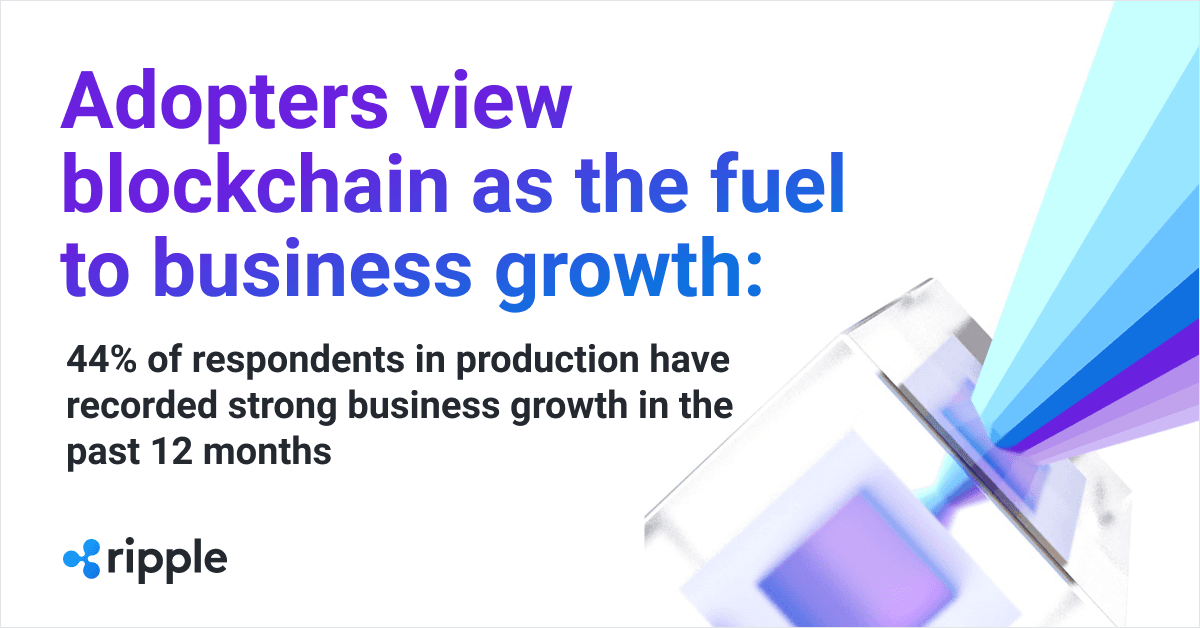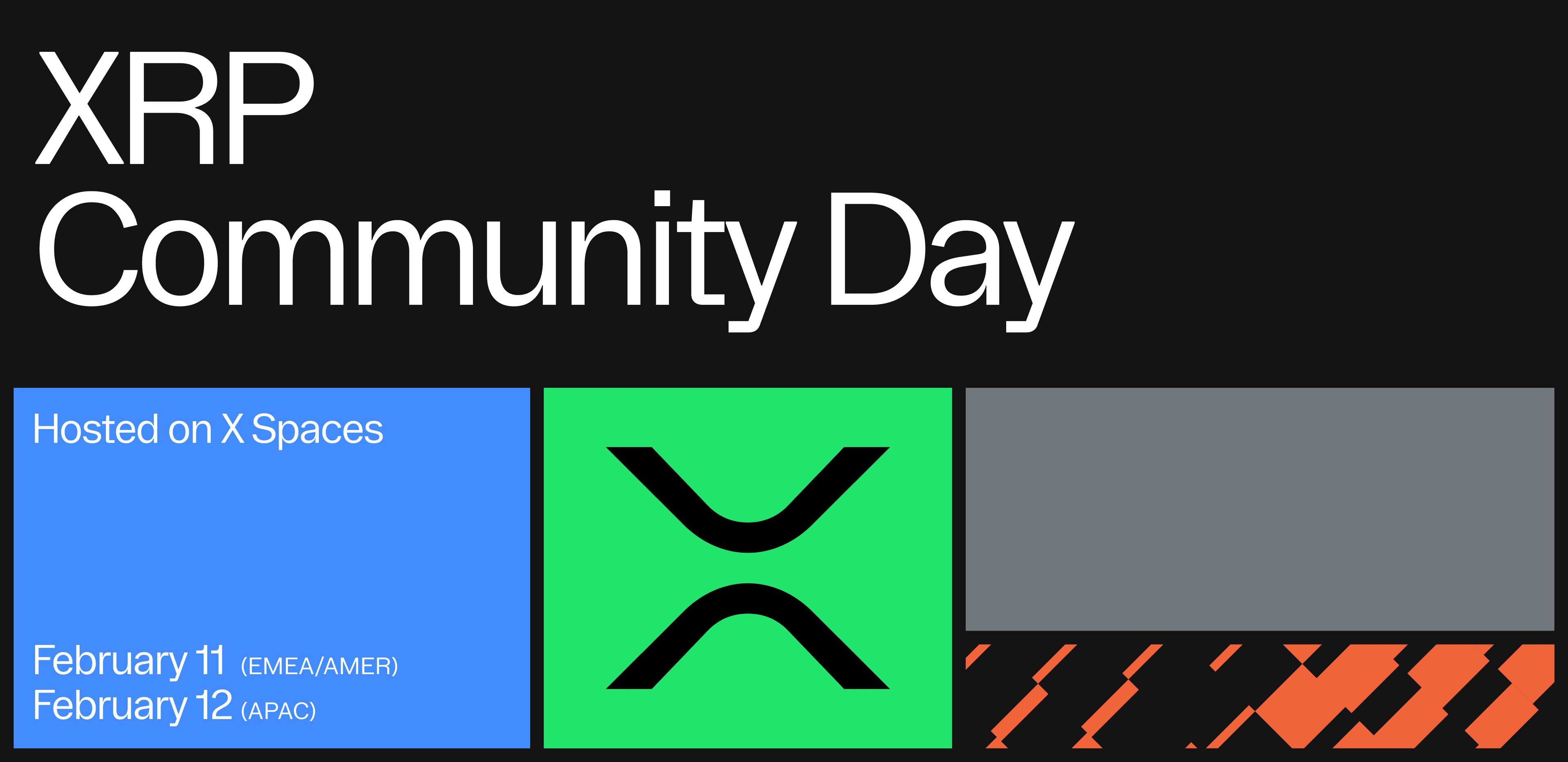For the third straight year, Ripple is excited to share its annual Blockchain in Payments Report—a comprehensive look into the fintech industry and blockchain’s increasing role in payments.
This year’s report uncovered that not only is growth indeed possible for blockchain and digital assets initiatives, but that familiarity and positive sentiment continue to rise as well.
Across five global regions (North America, Europe, Middle East and Africa, Latin America and Asia Pacific), familiarity with blockchain and cryptocurrency ranges from a whopping 82%-94%. Meanwhile, positive sentiment in both continues to grow, with favorability among cryptocurrency somewhat stronger across regions (62%-75%) than blockchain (52%-73%).
In terms of major takeaways, the Blockchain in Payments 2020 report proves three critical things:
- Blockchain payment solutions are scaling
- Digital assets are increasingly being considered for facilitating payments, especially when paired with blockchain technology
- Industry innovators are realizing significant growth, even amid COVID-19
Scalable Blockchain Payment Solutions
Signs are positive that the flywheel is very much in motion across the globe when it comes to blockchain payment solutions. Slightly over one-third of the report’s respondents currently use blockchain technologies for sending or receiving payments for customers. Segmented by business type, the leading sector is digital banks, followed closely by retail banks, and money transmitter or payment providers.
Many of these institutions adopted blockchain technology to increase speed of payments, achieve high levels of reliability, improve data transparency and realize long-term operational cost savings. Blockchain solutions continue to scale as businesses introduce new services to existing customer segments or expand existing services into new regions.
Case in point: cross-border payments. As blockchain payments solutions continue to solve for many of the pain points related to cross-border payments, adoption has steadily grown. In fact, real time settlement for cross-border payments is seen as a business necessity for many, as well as in demand by consumers and businesses.
Blockchain is scaling beyond payments. Two prominent areas are Trade finance and Capital Markets, demonstrating that blockchain can be leveraged across the enterprise..
What’s clear is that blockchain proof of concepts are a thing of the past. Today, blockchain initiatives are leap frogging into production, moving swiftly along the adoption curve towards the late majority phase.
Digital Asset Adoption Increasing for Domestic and Cross-Border Payments
Overall, our report found that 67% believe cryptocurrency is net reliable. The Latin American market, in particular, expressed strong feelings regarding reliability. And while there’s still concern around cryptocurrency price volatility, transaction fees, lack of regulation and inflexible/expensive liquidity arrangements, these adoption hurdles didn’t prevent growth. In fact, nearly four out of five (79%) of businesses reported growth in 2020, with 44% citing innovation in payment tech as a key growth driver.
Across the board, the report found openness to more digital asset types —with a mix of bitcoin, central bank digital currency and stablecoin considered. Speed for both domestic and cross-border payments remains a key strength cited by the majority of markets. For those making cross-border payments using digital assets, financial inclusion, reduced cash usage and availability of liquidity are strengths that rank relatively high as well, but still below the hygiene transaction features of speed and security that make blockchain so popular for domestic payments.
For digitally-led businesses, transparency, security and networking are key benefits of adopting digital assets in payments. Those who are not digitally-led value more hygiene factors around speed.
All told, payments services providers believe that their customers–businesses and consumers– see value add in using digital assets .
Continued Industry Innovation Amid a Global Pandemic
Despite the ongoing COVID-19 pandemic continuing to generate economic hardship, innovation around blockchain and digital assets continued full-force in 2020. As mentioned above, 79% of businesses surveyed enjoyed growth this year despite the impact of COVID. This was mostly due to an expansion of products, services and target customers, as well as innovation in payment technology, which was a key growth driver for 44% of businesses.
Clearly, the global pandemic has resulted in payments services providers rethinking their business and operating models and adapting to the new digital-first world in order to survive. Survival includes preserving liquidity. Blockchain technology is being increasingly adopted in emerging markets and the availability of liquidity is among the underlying reasons. Furthermore, in a world with strict public health and social distancing guidelines, providers can leverage digital assets to provide a now necessary contactless experience .
Meanwhile, there’s an overall universal agreement from payments services providers that customers believe there is value created by using digital assets or blockchain technologies. With that perceived value proposition, it’s no wonder that use cases are growing apace.
What the Blockchain in Payments 2020 report makes abundantly clear is that blockchain is no longer an exotic, emerging technology. It is a mature technology that is being battle tested and continues to advance, both in terms of use cases and adoption. And if 2020 is any indication, blockchain will play an increasingly vital role in payments in the years to come.
You can download our full Blockchain in Payments 2020 report by clicking here.







